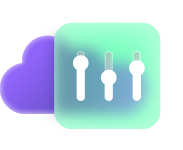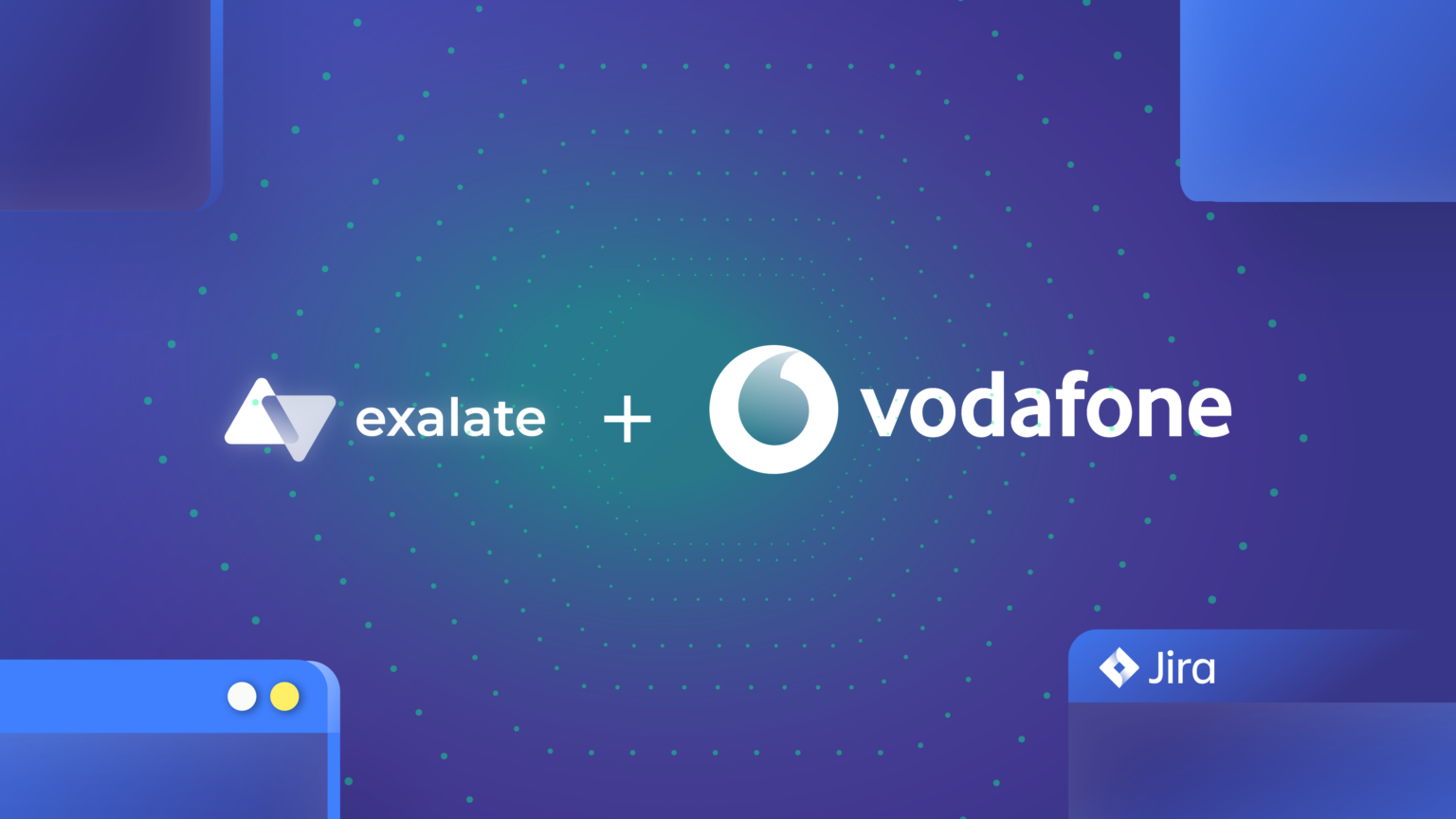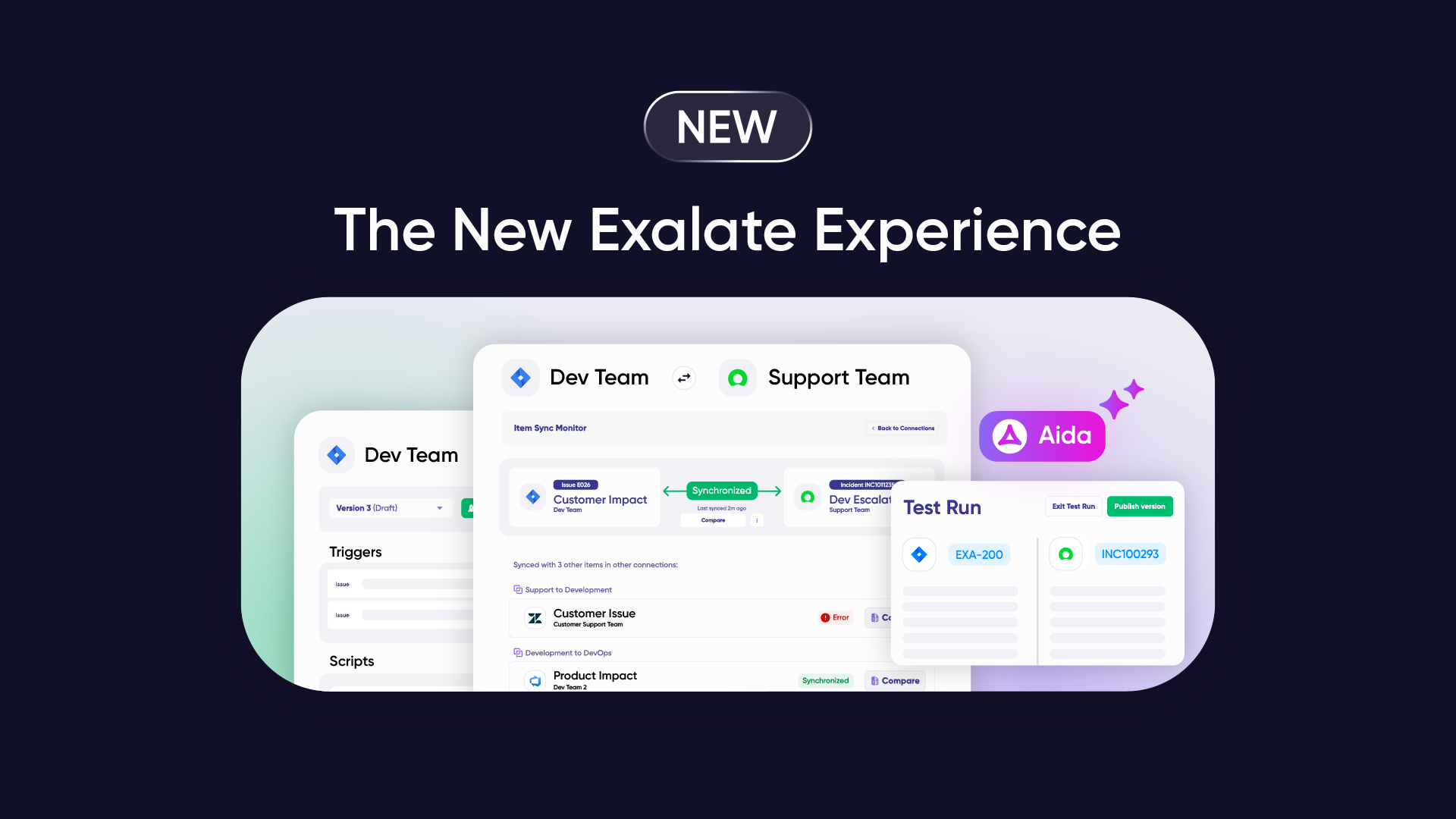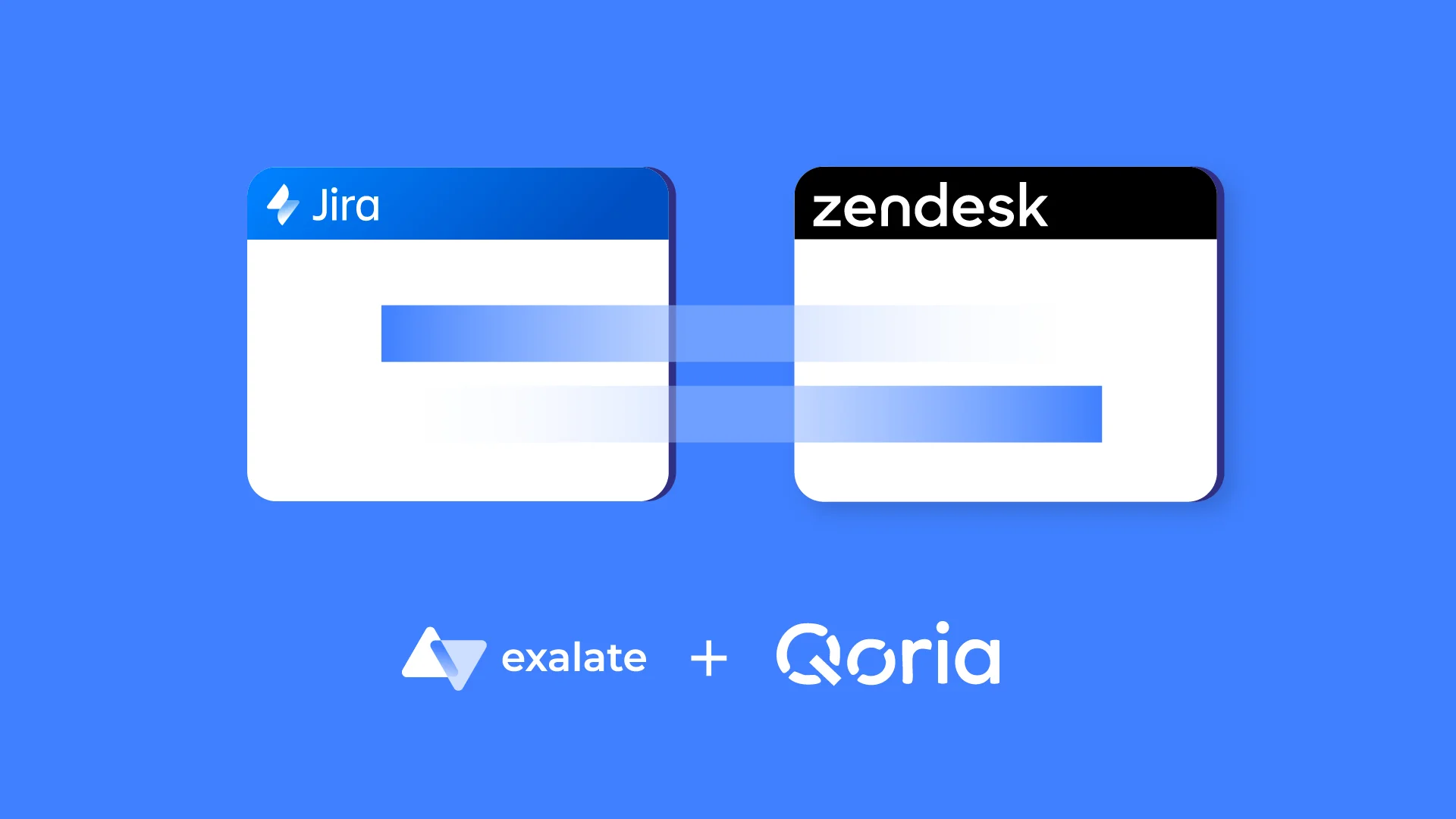Vodafone is one of the leading telecoms companies in Germany. Vodafone’s networks keep
Germany connected: people and machines, families and friends as well as politics, business, and
society. Millions of people are Vodafone customers – whether they are surfing, making calls, or
watching TV; whether they are networking their office, their home, or their factory with Vodafone
technology.

The Düsseldorf-based company provides a comprehensive portfolio of internet, mobile, fixed, and TV
services. As a digital transformation expert in German business and industry, Vodafone is a trusted
partner to enterprises of all sizes, from startups and SMEs to DAX-listed corporations. Vodafone Germany employs about 15,000 people and generates total revenue of around 13 billion euros with
more than 30 million mobile customers, over 10 million broadband customers, approximately 12 million TV customers, and numerous digital solutions.
Vodafone is a key contributor to the development of Germany’s infrastructure, providing gigabit speeds to more than two-thirds of German households. Together with its partner OXG, Vodafone will build up to seven million new FTTH fiber connections in the coming years. With its 5G network, Vodafone reaches more than 90% of the population in Germany. Vodafone’s NB IoT network for the industrial and business sectors is delivering IoT connectivity on almost 97% of Germany’s total territory.
Vodafone Germany is the largest operating company of the Vodafone Group, one of the world’s largest telecommunications companies, contributing around 30% of its revenues. Vodafone Group has over 300 million mobile customers and one of the world’s largest IoT platforms.
The Problem
They ran into an issue when they began syncing across company borders to different vendors. The specific problem was they wanted to sync whole issues, but have vendors only see what they wanted them to see.

This is an important step for a lot of businesses. The issue needs to be viewed holistically, but the service provider, in this case, Vodafone, needs to be able to solve vendor issues without seeing the whole process. They wanted to align their teams to achieve data consistency. They had used Elements Copy & Sync for syncing their Jira environments before but it couldn’t achieve the level of sync they expected. After this, they decided to go with Exalate.
Why Exalate?
| Exalate emerged as the ideal solution due to its exceptional features: • Granular Access Control: Vodafone can meticulously define what data is visible to external partners, protecting confidentiality while promoting collaboration. • Real-time Synchronization: Teams both inside and outside Vodafone always operate with the most up-to-date information, eliminating delays and miscommunication. • Automated Workflows: Exalate’s trigger functionality streamlines processes. Specific issues are automatically synced based on predefined criteria, saving valuable time and reducing manual errors. • Issue-based Monitoring of Success: Exalate provides real-time insight into the status of each synced issue, enabling Vodafone to proactively identify and address any synchronization errors. |
After thorough evaluation, we realized other solutions couldn’t match Exalate’s precision and flexibility. The results speak for themselves: with over 20,000 synced entries and nearly 10,000 synced comments, Exalate has become vital to our cross-company collaboration.
Using Exalate helped Vodafone Germany keep control of their outgoing and incoming syncs
completely autonomously. On top of ensuring that vendors outside the team receive only the information relevant to their needs, they also make great use of Exalate internally. Multiple teams inside the company employ our solution to sync Jira instances, so all teams have access to all of the relevant information.
Exalate serves as a cornerstone for our data integrity. It guarantees that information is consistently mirrored across all connected Jira instances. This translates to streamlined reporting and eliminates discrepancies, empowering us to make informed decisions based on a single source of truth.
Automated Integration
One of Vodafone’s primary requirements was automation and the Trigger function of Exalate ensured they had this at their disposal from day one.
Triggers allow you to input a set of circumstances that will automatically start a synchronization when met. This highlights another key attribute of why Exalate was the right solution for them: cost-effectiveness. When things have to be done manually, when data has to be entered by a person for example, costs tend to spiral. Whereas, with Exalate, automation takes care of a lot of this type of work.

Friendly to Users
When you have a tool that needs to work both inside and outside company borders, users must be able to make the solution function flawlessly. This is where Exalate’s user-friendliness comes in.
It can be user-friendly because you can connect syncs, and custom fields you have on both instances and just select which of the fields should be synchronized.
This type of usability ensures that all teams don’t just stay aligned but are aligned with ease. This level of user-friendliness goes hand in hand with Exalate’s extreme flexibility.
Use Case
Vodafone already used Exalate to sync issues internally between their Jira instances. Now, they have a use case of syncing a bigger Jira environment externally with their vendors to streamline their software release management process. They needed to sync only vendor-specific data instead of having to sync all issues under a particular project. Such automation would mean setting detailed and granular conditions to trigger the issue sync.
Results
| • Data consistency and visibility across multiple instances • Decentralized and independent control of their sync ensured only relevant information is passed to vendors • Cost-effectiveness by automating their work instead of manual copy-pasting. |
The Future
While Exalate has been a valuable asset in our current operations, we’re constantly evaluating new technologies to optimize our workflows. As we migrate to the Atlassian Cloud and integrate with GitHub and Azure DevOps, we’ll be exploring how these tools can complement Exalate’s functionality and ensure seamless communication across all our platforms.



